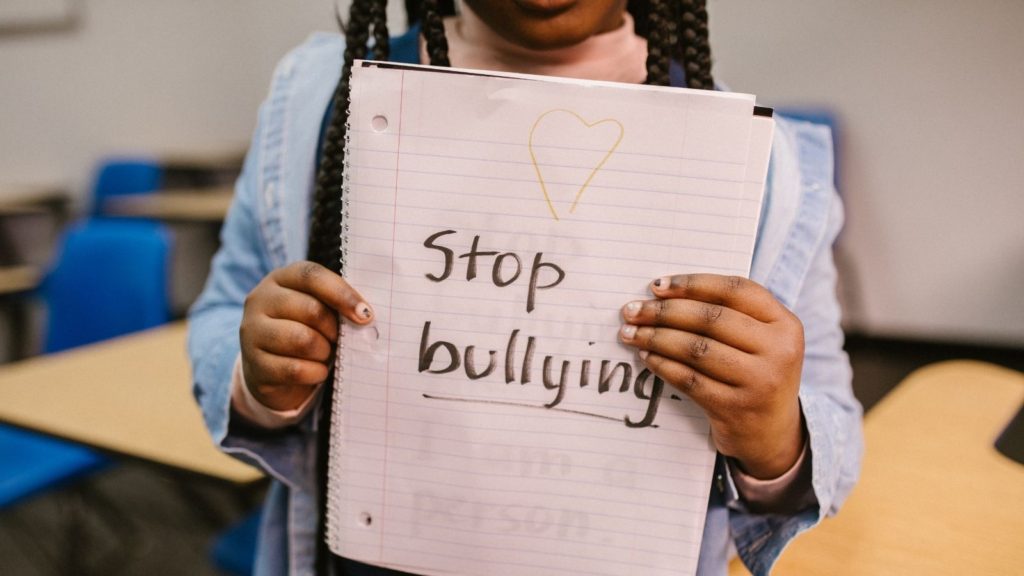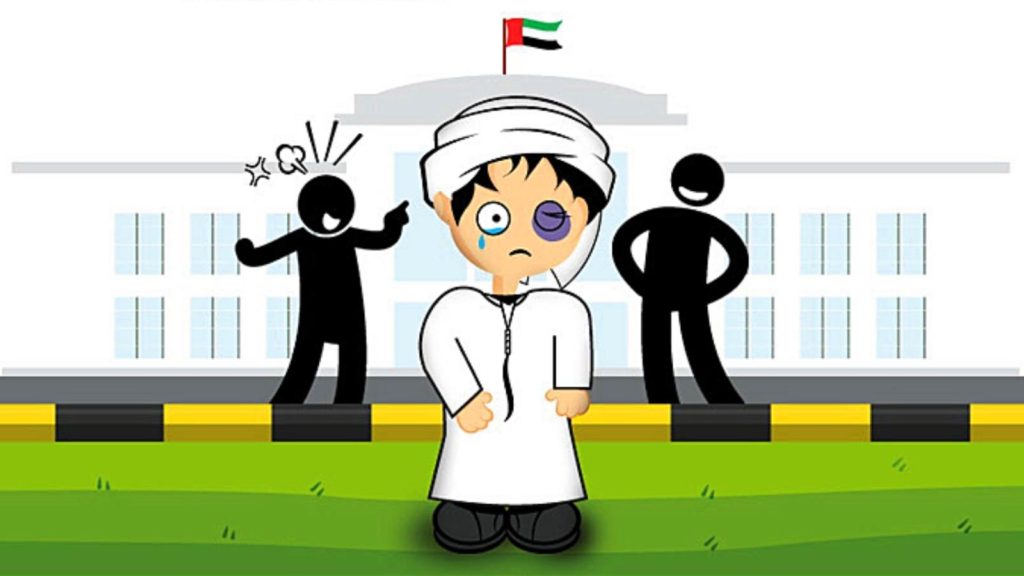The children of the United Arab Emirates (UAE) are headed for a bright future. In 2009, UAE’s Ministry of Interior established the Higher Committee for Child Protection to protect children. Two years later, they established the Child Protection Center. Since then, many initiatives and programs were created to provide a safe environment for children. The latest initiative is an anti-bullying campaign to teach young students about what bullying is, how it happens, and what it leads to.
Bullying happens for many reasons and in many ways. There are four types of bullying: verbal, social, physical, and cyberbullying. In a school among young students, it’s usually either verbal or physical. Kids tend to make fun of each other’s clothes, appearances, accents, talents, or even behavior. As bullying is widespread, it would take more than someone standing up for themselves. It would take schools, teachers, students, and parents working together.

How teachers play a part
Children’s safety in schools is a top priority, so promoting healthy and positive behavior amongst kids is the first step to a safe school. Getting a jump on bullying, UAE schools implemented an educational guidebook for students on the topic. The books were distributed to schools all over the Emirates, but that’s not all they will need. Teachers are playing a huge part as well.
Maths, health sciences, Arabic language, moral education, and music teachers are chosen to merge the message into class lessons. The anti-bullying message can be sent across in many ways, but for example, students can be asked to write down one time they were bullied. That would help kids to ask questions about what bullying is and pinpoint it as well. The teacher can then explain to them how it happens and why those acts are harmful or intimidating.
The anti-bullying campaign focuses on verbal bullying, as it is the most common type. Students are taught that it can cause depression, emotional distress, and low self-esteem. With that knowledge, students are expected to be able to handle such situations. Furthermore, the guidebook highlights that encouraging students to be understanding and respectful to each other is key. As children need to behave positively and choose their words wisely.
Teachers are advised to observe the students, take notes, and discuss them with each other. That would be done by asking the students questions, listening to them, and encouraging them to speak up about their feelings. It can be a preventative method for any future issues, as well as a way to normalize speaking up.
This can be a promising start to a healthy new generation.



